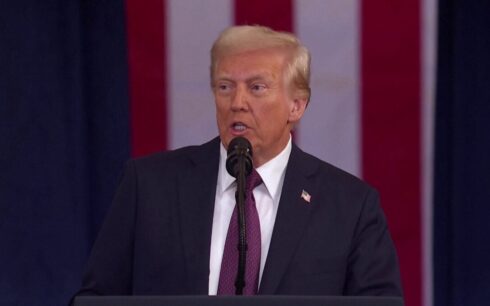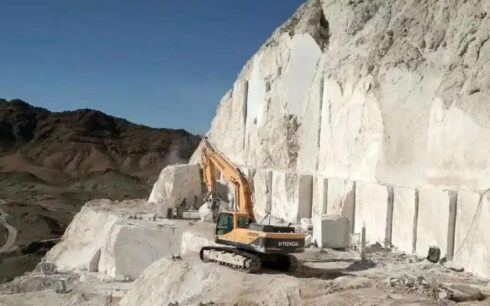China’s increasing investment in Afghanistan’s mining sector has raised significant interest due to its potential geopolitical implications and Chinese companies’ involvement in Afghanistan’s mining industry could provide China with a strategic advantage in Central Asia.
By securing critical resources and enhancing its presence in Afghanistan, China aims to bolster its influence in the region. This article explores the impact of Chinese investment on Afghanistan’s mining sector and the broader geopolitical ramifications.
Lithium Reserves and Resource Competition
Afghanistan possesses substantial lithium reserves that could potentially rival Bolivia, which currently holds the world’s largest lithium resources. The presence of lithium, a vital component in the production of batteries for electric vehicles and renewable energy storage, makes Afghanistan an attractive destination for investment. Chinese companies are keen to secure access to these lithium reserves, given the increasing global demand for electric vehicles and clean energy solutions.
Chinese Support for the Taliban Government
China’s willingness to support the formation of a Taliban-led government in Kabul following the United States’ withdrawal has raised concerns among some observers. These concerns stem from the belief that China seeks to gain control over the region through its investments. It is essential to note that China, like several other countries, has engaged with the Taliban for various reasons, including stability and protecting its national interests. The Chinese government has emphasized the need for the Taliban to maintain peace and stability in Afghanistan, ensuring the security of Chinese Xinyang province, control Aughor fighters and secure investments and infrastructure projects inside Afghanistan.
Geopolitical Implications and Regional Influence
Chinese investment in Afghanistan’s mining sector holds significant geopolitical implications. Firstly, it provides China with a reliable supply of critical resources, such as lithium, thereby reducing its dependence on other countries for these resources. This move aligns with China’s strategic goal of securing essential raw materials to support its growing economy and industrial development.
Secondly, by strengthening its presence in Afghanistan, China extends its influence in Central Asia. The investment allows China to establish economic ties, infrastructure projects, and trade routes in the region, thereby enhancing its connectivity with neighboring countries. This increased influence aligns with China’s broader Belt and Road Initiative (BRI), which aims to improve connectivity and expand economic cooperation across Asia, Europe, and Africa.
Conclusion
Chinese companies’ increasing investment in Afghanistan’s mining sector has significant geopolitical implications. By securing critical resources like lithium and expanding its presence in the country, China aims to gain a strategic advantage and strengthen its influence in Central Asia. While concerns exist regarding China’s motives and influence in the region, it is essential to analyze its involvement within the broader context of controlling the resources in central Asia and indirect support to strengthen the Taliban regime in Afghanistan. As the situation in Afghanistan evolves, it remains crucial for China, Iran and Pakistan to consider the long-term implications of their partnership with the Taliban and their investment in this country and to take advantage of the illegitimate ruling regime in order to secure their economic and political interests in Afghanistan. China has long been waiting for this opportunity to control natural resources in Afghanistan. Iran is overwhelmingly trying to secure water from Helmand River to its water-starving eastern provinces. Pakistan, has massive religious and political influence over the Taliban, that put them in a position to secure their political, economic interests in Afghanistan. This has wiped-out India’s influence from Afghanistan and secured a direct-trade corridor between Pakistan and Central Asia, which Pakistan has long been waiting for.
The author is a former official of the mining sector who has, for security reasons, asked to remain anonymous.
Amu does not endorse or represent views expressed in this article and other opinion pieces published on its website.





